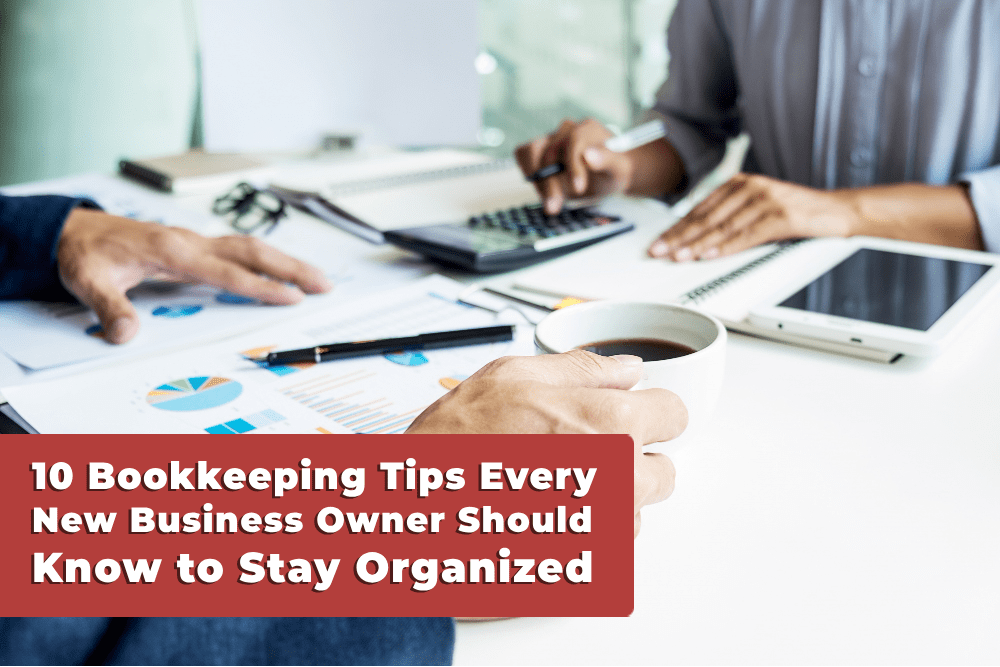1. Separate Personal and Business Finances
One of the first things to do is open a dedicated bank account for your business. Mixing personal and business finances can lead to confusion during tax season and make it harder to track expenses.2. Invest in Bookkeeping Software
Use modern bookkeeping tools like QuickBooks, Xero, or Wave. These tools simplify data entry, help track expenses, and generate financial reports quickly. Helpful Link: The IRS Small Business Resources page offers information on recordkeeping requirements.3. Track All Business Expenses
Keeping a record of every business-related purchase is essential. Use apps or software to scan and organize receipts digitally to avoid piles of paper clutter.4. Set a Routine for Bookkeeping
Consistency is key. Set aside time weekly or bi-weekly to update your books, reconcile bank statements, and review financial reports. This habit prevents overwhelm and ensures accuracy.5. Understand Tax Deductible Expenses
Familiarize yourself with tax deductions you can claim, such as home office expenses, vehicle mileage, and business travel costs. Knowing what’s deductible helps you save money.6. Hire Professional Help When Needed
If bookkeeping feels overwhelming or you’re unsure about compliance, consider hiring a professional bookkeeper or accountant. They can save you time and reduce errors.You may also like to read:
Tax, bookkeeping and LLC formation guide for E-2 visa applicants
E-2 visa: launching your US business, increase you visa approval chances by organizing your LLC, Bookkeeping and Tax strategies…
Read More

7. Stay Prepared for Tax Deadlines
Mark important tax deadlines on your calendar to avoid penalties. Use reminders and ensure your books are updated before filing.
Helpful Link: View the IRS Tax Calendar for Businesses to stay on track.
8. Reconcile Bank Accounts Regularly
Reconciliation ensures that your books match your bank statements, helping you spot discrepancies like unauthorized transactions or errors.
9. Plan for Growth
As your business grows, so will your bookkeeping needs. Plan ahead by upgrading your tools or processes and consulting professionals about scaling effectively.
10. Keep Detailed Records for Audits
Maintain organized records of all transactions, tax returns, and supporting documents for at least three to seven years, as required by the IRS.
Helpful Link: Learn about Recordkeeping Requirements from the IRS.
Conclusion
Implementing these bookkeeping tips for new business owners ensures you stay organized, comply with tax laws, and gain a clear view of your financial health. Staying proactive with your bookkeeping from the beginning saves you from stress and costly mistakes down the road.
If you need help with bookkeeping or other financial services, our team at Taxfully is here to assist. Book a free consultation today and let us handle the numbers while you focus on growing your business!




